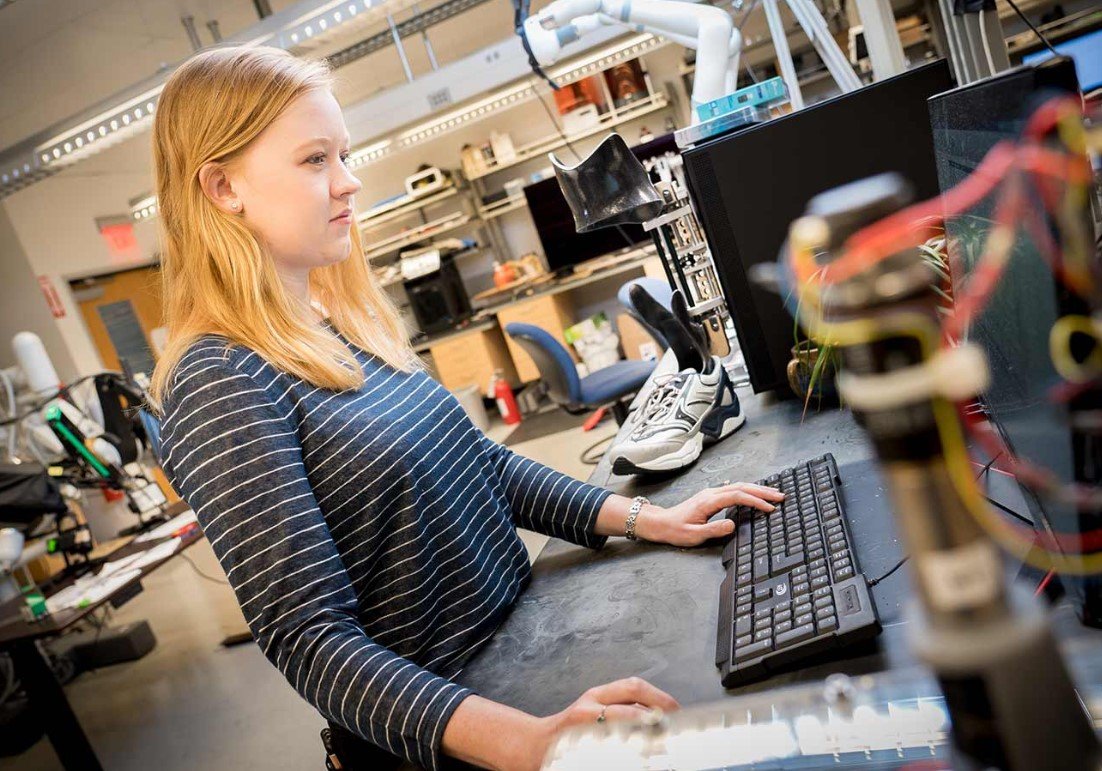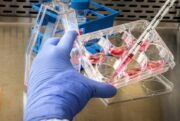In an era where data is as valuable as currency, the role of women in harnessing this resource for societal advancement has never been more critical. The intersection of data science and technology presents a unique platform for change, and women are increasingly taking the lead in this domain. Their contributions are not just enhancing the tech industry but are also driving significant social and environmental reforms.

The Vanguard of Innovation
Women in technology have been breaking barriers, proving that gender does not define capability. Their work in developing artificial intelligence models, like the one used to analyze the Great Barrier Reef’s health, showcases the profound impact of female-led innovation. This AI model, spearheaded by women at Dell Technologies, is a testament to how data science can be a powerful tool for environmental conservation.
The model’s ability to classify coral species with precision is a leap forward in ecological efforts. It demonstrates how technology, when guided by insightful leadership, can accelerate positive outcomes. The success of such initiatives is a beacon, inspiring more women to enter and transform the field of data science.
Bridging the Gap
Despite the advancements, the gender gap in STEM fields persists. However, women are not just participants in data science; they are becoming its champions. Initiatives like the Wharton Women in Data Science and Analytics are crucial in encouraging more female participation through recruitment, mentorship, and special programs.
These programs are not merely about representation; they are about equipping women with the tools to excel and lead. By fostering an environment where women can thrive in data science, we are ensuring a diverse and robust future for the industry.
Shaping the Future
The influence of women in data science extends beyond the corporate world into the realm of social good. Their approach to technology and data analysis is often inclusive, considering the needs of vulnerable communities and aiming for solutions that are sustainable and equitable.
This perspective is vital in a world where technology can either widen or bridge disparities. Women are choosing the latter, using their expertise in data science to craft strategies that uplift and empower. Their work is a reminder that technology, at its best, is a tool for humanity.
















